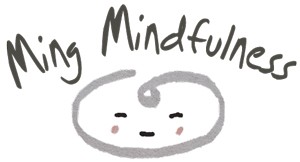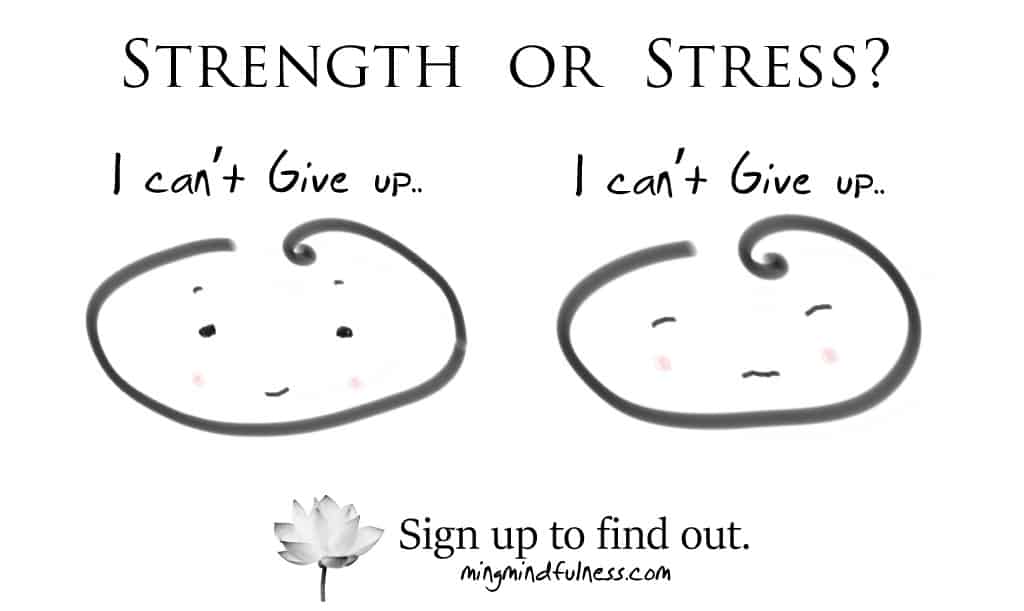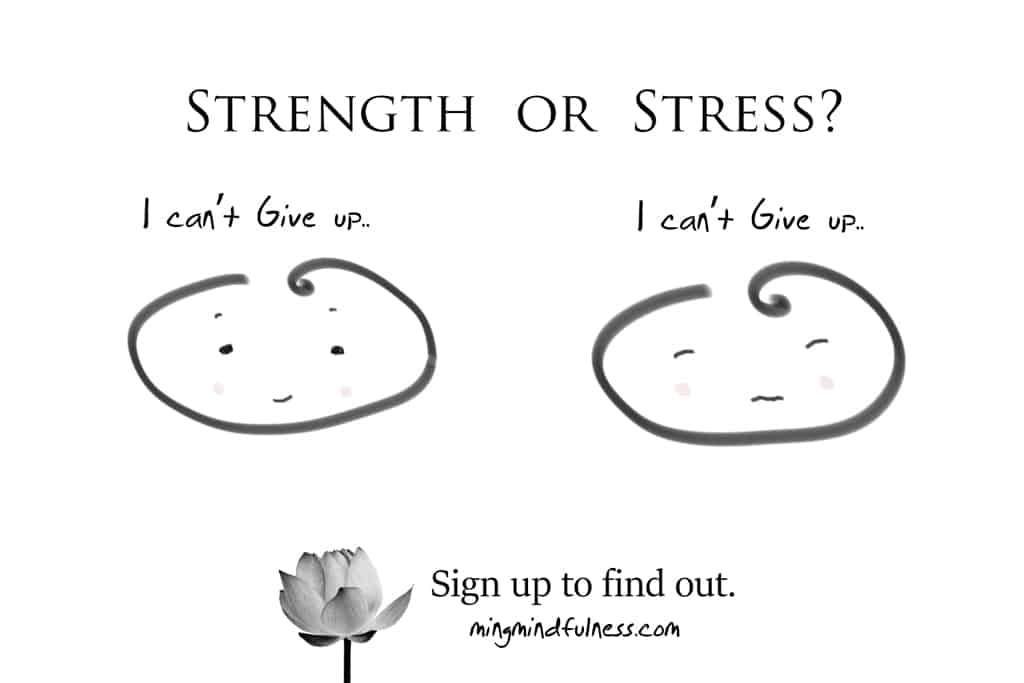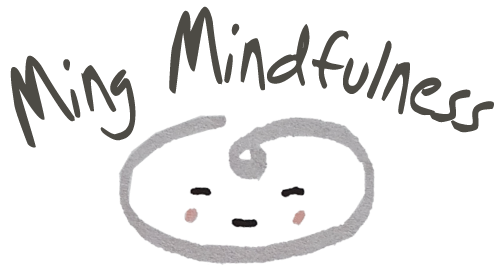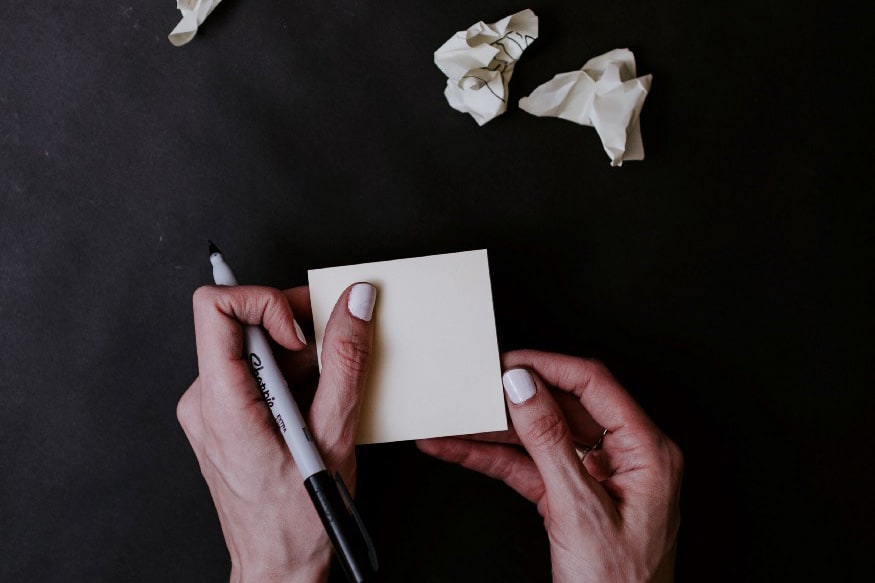
Photo by Kelly
Sikkema on Unsplash
When I started practicing Yoga about 10 years ago, I became impatient whenever the teacher request for intentions or dedication of practice. My thought — ‘Get on with the class already!’. After the beginning enthusiasm waned, my yoga practice became irregular. I would go for an intense burst, then possibly stopped for weeks or months. I got frustrated with my lack of discipline, and had yet to understand the art of setting intentions.
“We tend to be in a hurry to do, to act.”
We are unaware or we forget that it is just as important to manage our state before entering the space. It happens in our daily life — we dive into a workout before noticing the body needs a warm-up, or we shoot our mouths off before noticing our anger.
Outcome Versus Journey
My goal was weight loss when I started yoga practice – it was my desired outcome. Most of our desired outcomes (e.g. fit body, retire young, learning something new) don’t happen overnight. When our full attention and intention is only focused on the outcome, it is harder to sustain the behaviour when we don’t see results immediately. Hence, an intention becomes more supportive as it tend to encompass an attitude; a perspective that connects us to our value or purpose is much more useful for the journey.
If there is no conscious intention, our actions are run by our automatic impulses, which are usually guided by fear, anxiety, short term pleasures etc. Most worthwhile journeys are filled with these emotions and temptations. This means we are also more likely to give up. A clear and focused intention helps to reinforce our discipline and motivation.
Motivated by Values
Our intention is usually backed or motivated by our values (e.g. health, relationships, existential meaning, growth), which shapes our desired outcomes. Thus, clarity and reflection on our values can also be greatly beneficial in instilling discipline and sustained motivation. We don’t have to fall back only on tangible goals to sustain our behaviour; which in any case, is usually not very useful in producing long-term change.
A particularly moving yoga practice I had was when the teacher suggested dedicating each of our movement to the benefit of the world. The moment that was said, I felt the words move through my body, and I felt more energetic right away. Something bigger than me was at work. After all, with a healthier body and mind, I know I can be a better person for my family, friends and the community. It was such joy, moment to moment, because even the simplest movement of raising an arm now holds rich meaning and purpose, connecting me to my value of being there for my loved ones.
Embodying Your Intentions
As per any other new behaviours, mindsets or habits, we get better at setting intention with repetition and practice. Usually I begin by asking myself these questions –
“How do I approach XXX that supports my wellbeing or sustain my energy?”
“Is there an emotion or attitude that I like showing up more in my life?”
The answers could be ease, beginner’s mind, kindness, presence, playfulness etc. More importantly, I embody the essence of my intention in my body before I enter the space of doing. This is a crucial step — embodiment. Sense in your body what it feels like to be at ease, to be present or playful. Whatever happens during the journey, even if impatience or frustration arise, I remind myself of my intention and its embodied experience.
It is not about pushing away the negatives that arise in the moment, it is to practice a new way of relating to whatever arises, particularly to challenges. Goals motivate us with the end outcome, but intentions carry us through our challenges. The latter is just as important, if not more important.
‘Perfecting’ the Art
Lastly, it is about holding a compassionate gentleness and flexibility in the midst of intention setting. We need to open and give ourselves the permission to falter and fail.
Yes, being ok with imperfection is part of the journey of mastering the art of intention setting.
The wisdom of intention setting is that it recognises the essence of the present moment. An intention can be renewed moment to moment. When we practice it, we are embodying the belief that we can always make a choice now; we can always begin anew.
The willingness to start again and again.
“We recognise we are both beginners and masters of the journey.”
What intention would be supportive in your life today?
